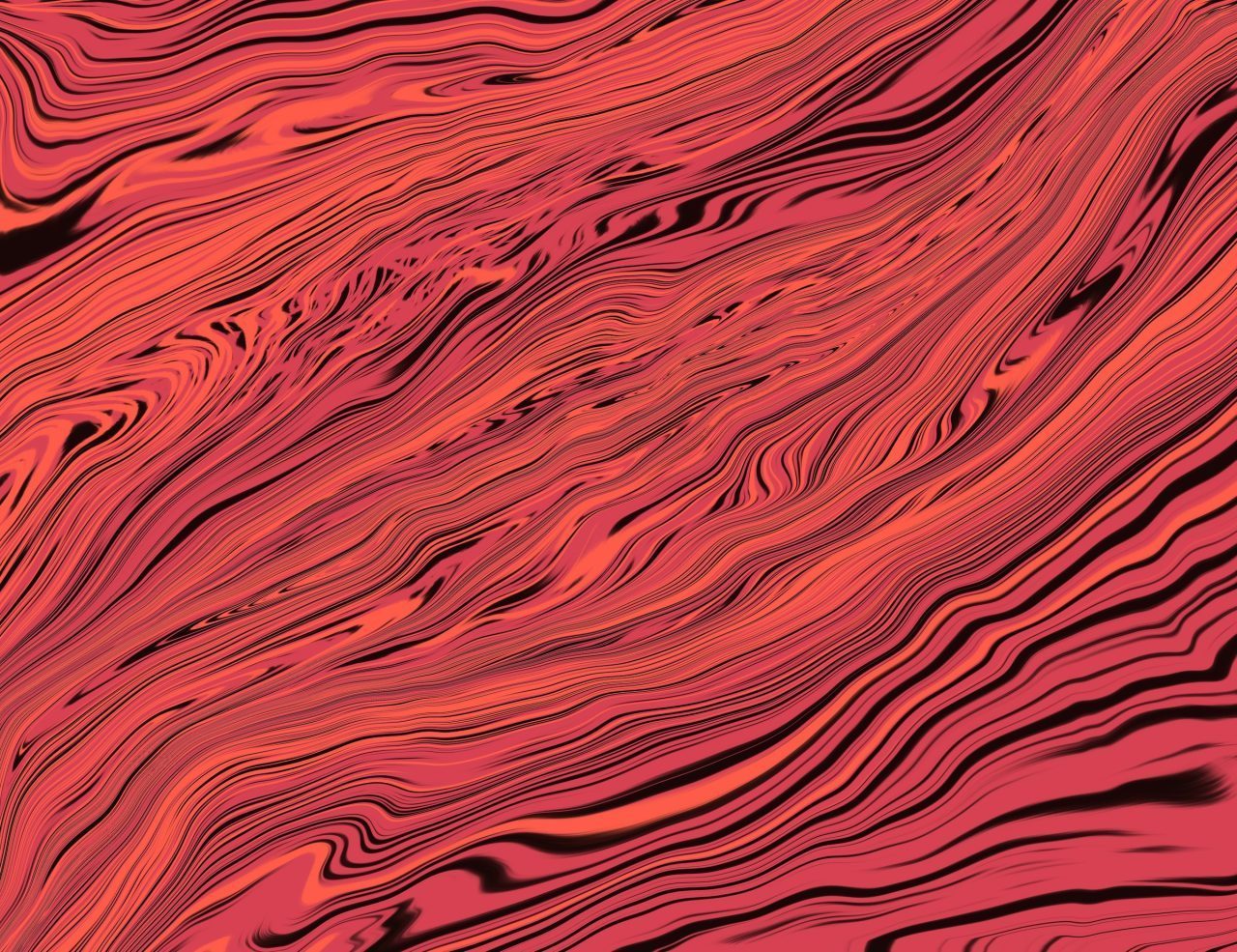The first cycle of 99 Questions will conclude with a small gathering and at the same time a new cycle is in the making. Over the course of two days, we will be hosting artistic interventions in different places throughout the Humboldt Forum, as well as impulse sessions.
The programme highlights a variety of artistic interventions and inputs in the form of impulses and talks, on topics such as digitalisation and technology, on ecologies of knowledge and understandings of aesthetic, on forms of restitutions of displaced objects and the relation collections have with ecology. Over the course of the two days, we will engage with curatorial hospitality and look for forms of decentralisation as a curatorial praxis. During the impulse sessions there will be open assemblies, which are meant as open spaces to continue discussions, raise more questions and find forms of expression.
How to participate
The events are free and open for everyone to participate, be it the whole day or just to drop by. The impulse sessions however are limited in capacity and will require registration via [email protected]
Programme Overview
10.00 am – 8.00 pm (durational loop)
No Archive can restore you – three films by Onyeka Igwe
___
10.00 am
Welcome
10.30 am – 11.15 am
Walking in Words – An immersive reading experience with Priya Basil
11.30 am – 12.00 pm
Artist Talk with Onyeka Igwe
02.00 pm – 4.30 pm
Impulse session (registration required): by curator Sara Garzón on an intersectional dialogue about technology, by Chao Tayiana Maina and Molemo Moiloa from Open Restitution Africa about Collections, Data and the continued violences against African knowledge systems. By Jim Chuchu and Njoki Ngumi from the multi-disciplinary The Nest Collective on restitution and reparative justice (online) and open assembly.
05.00 pm – 7.00 pm
Walking through the exhibitions
05.00 pm – 7.00 pm
Open rehearsal of the Performance Places of Belonging by Tila Likunzi, Iris B. Chocolate, Jaliya The Bird, Mwana Pwo and Lilianne Kiam
10.00 am – 10.00 pm (durational loop)
No Archive can restore you – three films by Onyeka Igwe
___
10.00 am
Welcome
10.30 am – 2.30 pm (including breaks)
Impulses by curator Andrei Fernandez on “Los causes del sentido”, art historian Beatrice von Bismarck on “Curatorial Hospitality”, and Michael Dieminger on the next cycle(s) of 99 Questions and “open assembly”.
3 pm – 3.45 pm
Artist-Talk: Maloca Museum with Denilson Baniwa and Thiago da Costa Oliveira (online)
4.15 pm – 5.00 pm
Walking in Words – An immersive reading experience with Priya Basil
5.30 pm – 6.30 pm
Walking together with Tarek Ibrahim around the Humboldt Forum
7.30 pm – 8.30 pm
Performance Places of Belonging and Artist-Talk by Tila Likunzi, Iris B. Chocolate, Jaliya The Bird, Mwana Pwo and Lilianne Kiam
About the artistic Interventions
Walking in Words – An immersive reading experience with Priya Basil
The writer and activist Priya Basil will open and close the two days of the 99 Questions Gathering. She will engage as an active observer, contributing with site-specific and timely readings drawing from the pilgrimage like programme of the gathering. Her immersive reading will explore what happens to our surroundings-reality-language when we walk together. And how might words alter the rhythm-direction-sensation of each step taken in procession?
No Archive can restore you – three films by Onyeka Igwe
A filmic intervention in the exhibition spaces of the ethnographic collection. The filmmaker Onyeka Igwe has developed a language to work with the sensitive material of audio-visual ethnographic documentation. By using auto-fictional elements, repetition and deformations, movement and rhythms, she raises questions how to approach the colonial past and how to engage with it critically and ethically and makes multiple narratives visible. The three films Specialised Technique, the names have changed, including my own and truths have been altered and No Archive Can Restore You will be screened in the exhibition spaces. By using movement and rhythms the films contrast the static presentation of the objects and melting together with colonial histories and personal memories continuing a forgotten dialogue.
Places of Belonging – Performance by Tila Likunzi, Iris B. Chocolate, Jaliya The Bird, Mwana Pwo and Liliane Kiam
Places of Belonging is a performance by the Angola-based artists and curators Tila Likunzi, Iris B. Chocolate, Jaliya The Bird, Mwana Pwo and Lilianne Kiam. Places of Belonging addresses the reappropriation of objects as a process of cultural displacement and active memory work. By establishing a dialogue with Chibinda Illunga, which is on display in the exhibition, the performance reflects on the diaspora of displaced objects and on reclaiming their histories as narratives that originate from or belong to specific cultural times, spaces, and places.
Maloca Museum – Talk with Denilson Baniwa and Thiago Lopes da Costa Oliveira
The artist Denilson Baniwa and curator Thiago Lopes da Costa Oliveira will join us online for a talk about the project Maloca Museum which aims to promote processes of re-appropriation of artefacts and images assembled in the Upper Rio Negro (Brazilian Amazon) and currently kept by the Ethnological Museum of Berlin. As an itinerant installation, the Maloca Museum will take place in different parts of the Rio Negro, creating an assembly space for listening to the meanings and practices inspire by the contact with these artefacts and images.
*María Lugones (2003): Pilgrimages/Peregrinajes: Theorizing Coalition against Multiple Oppressions. Lanham, Md.: Rowman & Littlefield.
